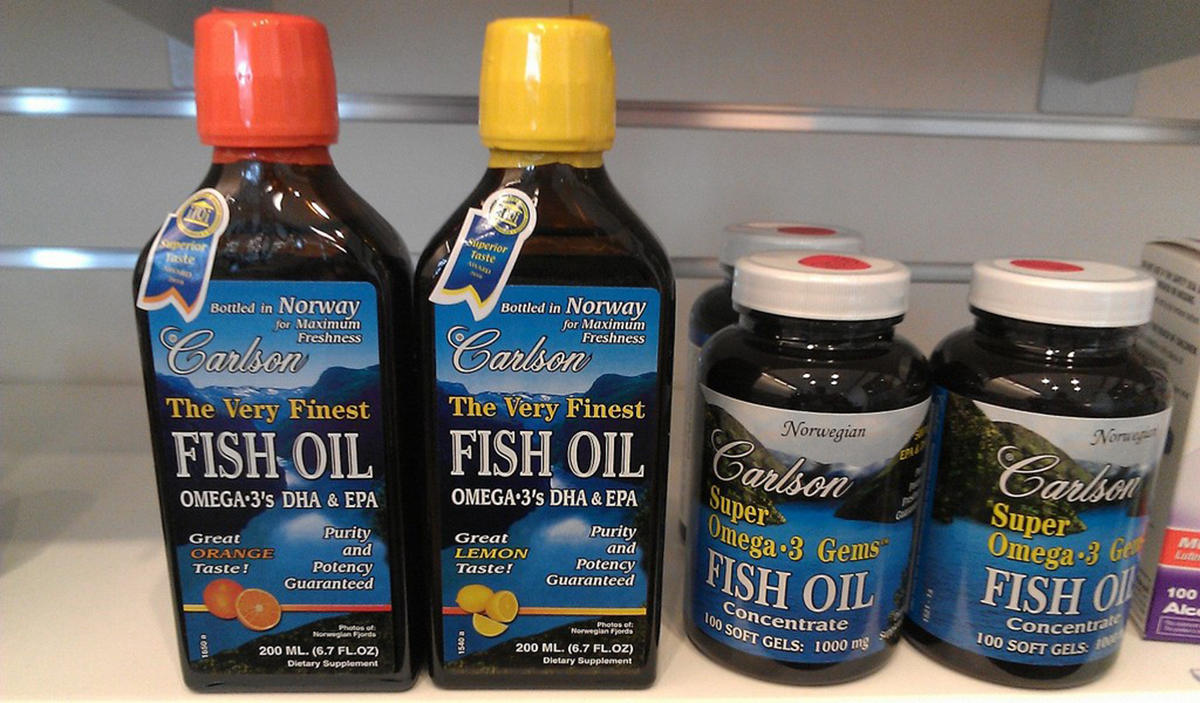Table of Contents
While it might be difficult to totally cut these foods out of the diet, reductions in their intake can help prevent high cholesterol or lower your cholesterol if its elevated. Certain good fats will help lower cholesterol levels, especially if they replace the above-mentioned bad fats. These are:

- Polyunsaturated fatty acids are found in fatty fish and fish oils as well as sunflower oil and soft margarines. There are two types of polyunsaturated fatty acids: omega 6 acids (from vegetable sources) have the effect of decreasing LDL and increasing HDL and omega 3 acids (from fish) have the effect of decreasing total cholesterol, HDL and triglycerides.
- Monounsaturated fatty acids are found in olive oil, canola oil, avocado pear, nuts, seeds and peanut butter. Replacing saturated fats with monounsaturated fats decreases total cholesterol, LDL and triglycerides.
Certain other factors play a role in cholesterol reduction, fibre being one very important factor.
So for example, eating oats and an apple for breakfast and then mixing your bolognaise sauce with some lentils can help reduce the amount of cholesterol and fat you absorb from your diet. Garlic, when used generously in the diet can also help lower cholesterol levels.
Lifestyle Modifications for Cholesterol and Heart Disease
Since cholesterol is just one risk factor for heart disease, the over all risk factor profile should examined. A high fiber diet, rich in fruit and vegetables and wholegrains that includes fish but limits cholesterol raising fats such as red meat, chicken skin, full-fat dairy, butter, baked goods and fried foods is indicated for cholesterol problems. In addition regular physical activity, weight loss, smoking cessation and stress management are also prescribed as part of a heart healthy lifestyle. People with hypertension and diabetes should also manage their conditions and keep them under control.
Alternatives to Drugs
Niacin (or nicotinic acid) has been used for years as a cholesterol-lowering agent. It works by raising the HDL cholesterol fraction (or “good” cholesterol), which helps shuttle cholesterol away from the artery walls. A good dosage to start with is 500mg but some experts’ recommend as much as 3000mg per day to lower cholesterol. Niacin causes a temporary and harmless flushing sensation in the skin, so it’s best to start with smaller doses to get used to the effects. Exercise and moderate alcohol intake also raise protective HDL cholesterol levels.
A rising interest in the role that fish oils play was sparked by a large 30 year follow up study the Chicago Western Electric Study who released their reports on fish oils and heart disease in 1997. The data revealed an inverse association between fish consumption and death from coronary heart disease, especially non-sudden death from myocardial infarction.
In one study published in The Lancet in May 2007 showed that adding 1800mg of fish oils to statin therapy helped lower total cholesterol as well as triglyceride (another bad fat implicated in heart disease) levels to a significantly greater degree than statin therapy alone.
See Also: Cholesterol Lowering Foods List
Another study published in Mayo Clinic Proceedings in July 2008 looked took a comparative look at statin therapy versus lifestyle change and supplements in reducing blood lipid levels for patients in the primary prevention category. The lifestyle regime included diet and exercise changes and a fish oil supplement. The statin group receives traditional counseling, which involves advice on lifestyle change. LDL cholesterol levels were found to be reduced in both groups after 12 weeks or treatment and there was no significant difference between the groups (i.e. lifestyle change was as effective as statins in reducing LDL cholesterol levels). The lifestyle change and fish oil group also enjoyed significantly greater weight loss and a reduction on triglyceride levels compared to the statin group.
- Photo courtesy of Juhan Sonin by Flickr : www.flickr.com/photos/juhansonin/5300977759
- Photo courtesy of Martin Criminale by Flickr : www.flickr.com/photos/itsnitram/8569465427/


Your thoughts on this